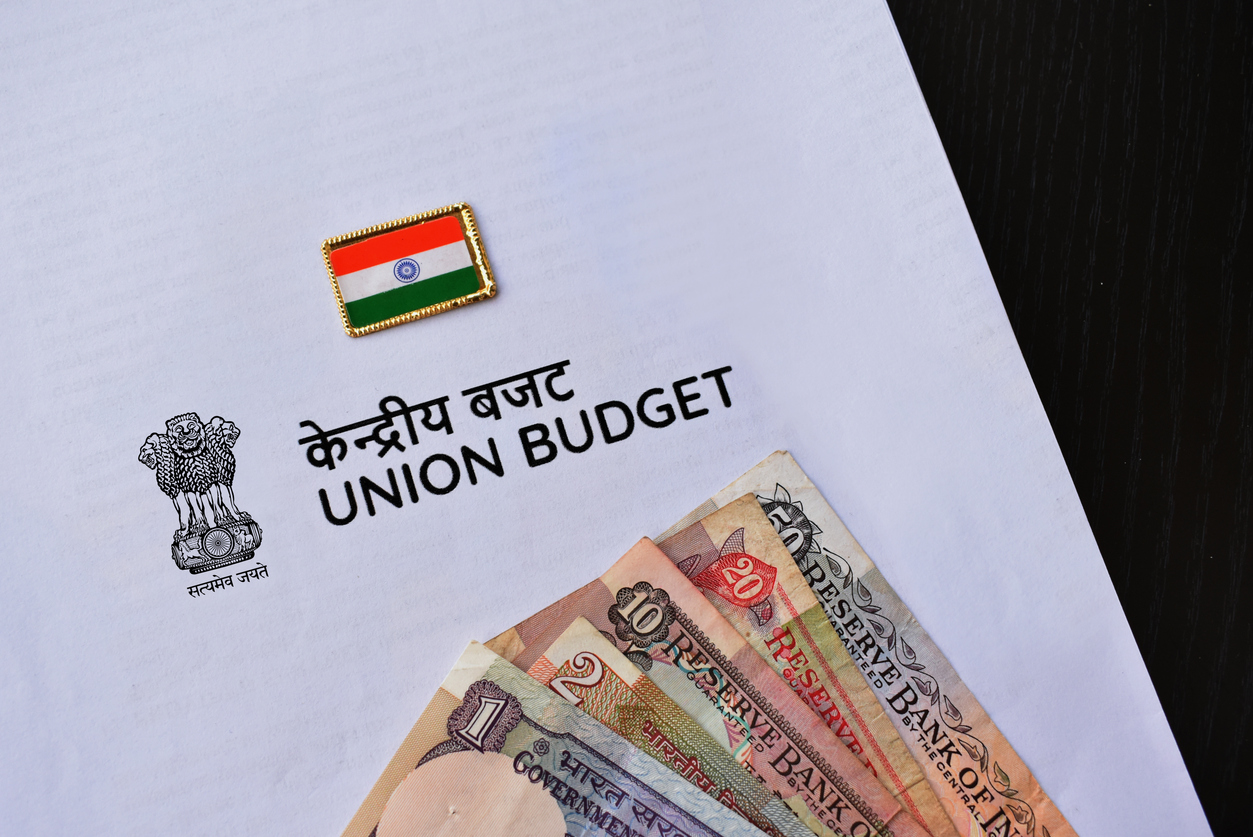
July 24, 2024
Nine budget priorities include agriculture productivity, employment, inclusive development, manufacturing, urban development, energy security, infrastructure, innovation, and reforms
Comprehensive measures for agricultural resilience, employment-linked incentives, women's workforce participation, and skilling programs are announced
Fiscal measures include rationalising custom duties, promoting investments, and providing relief on various goods and services to foster economic growth
Customs duties have been revised to ease trade and support various sectors, providing relief to cancer patients and promoting domestic manufacturing and exports

Despite global economic uncertainties, India’s economic growth remains a shining exception, poised to continue its robust performance. While presenting the Union Budget 2024-25 in Parliament, Finance Minister Nirmala Sitharaman highlighted India’s stable inflation, which is moving towards the 4% target, with core inflation currently at 3.1%. Measures are being taken to ensure adequate supplies of perishable goods are available.
Reflecting on the budget, Sitharaman noted the focus on four major groups: the poor (Garib), women (Mahilayen), youth (Yuva), and farmers (Annadata).
Sitharaman strongly emphasised employment, skilling, MSMEs, and the middle class for the upcoming year and beyond. The Prime Minister’s package includes five schemes to create employment and skilling opportunities for 4.1 crore youth over five years, with a central outlay of INR 2 lakh crore. This year alone, INR 1.48 lakh crore has been allocated for education, employment, and skilling.
The budget outlines nine priorities to generate ample opportunities for all, focusing on:
The government plans a comprehensive review of the agricultural research setup to enhance productivity. New high-yielding and climate-resilient crop varieties will be introduced, and 1 crore farmers will be initiated into natural farming. The government will also strengthen production, storage, and marketing for self-sufficiency in pulses and oilseeds and implement Digital Public Infrastructure (DPI) in agriculture. This year, INR 1.52 lakh crore is made for the agriculture and allied sectors.
Three schemes under the Prime Minister’s package will focus on employment incentives based on EPFO enrolment, higher participation of women in the workforce, and a new centrally sponsored skilling scheme. Additionally, the Model Skill Loan Scheme will be revised, offering loans up to INR 7.5 lakh with government guarantees and financial support for higher education loans up to INR 10 lakh.
Through various schemes, the budget will support economic activities for craftsmen, artisans, self-help groups, SC/ST, women entrepreneurs, and street vendors. The Purvodaya plan aims to develop the eastern region all around, while the Pradhan Mantri Janjatiya Unnat Gram Abhiyan will improve tribal communities’ socio-economic conditions.
Special attention is given to MSMEs, with a self-financing guarantee fund and enhanced Mudra loans. Financial support will be provided to set up multi-product food irradiation units and quality testing labs. A new scheme will offer internship opportunities in top companies to 1 crore youth over five years.
Under PM Awas Yojana Urban 2.0, the housing needs of 1 crore urban poor and middle-class families will be addressed. Water supply, sewage treatment, and solid waste management projects will be promoted, and the PM SVANidhi scheme will support the development of 100 weekly street food hubs annually.
The PM Surya Ghar Muft Bijli Yojana aims to install rooftop solar plants for 1 crore households, providing free electricity for up to 300 units monthly. Nuclear energy will also play a significant role in India’s energy mix.
Significant investments in infrastructure, with INR 11,11,111 crore allocated for capital expenditure, will continue to have a strong multiplier effect on the economy. The next phase of PMGSY will provide all-weather connectivity to 25,000 rural habitations.
The government will operationalise the Anusandhan National Research Fund and establish a venture capital fund to expand the space economy. An INR 1 lakh crore financing pool will spur private sector-driven research and innovation.
An Economic Policy Framework will be formulated to delineate the next generation of reforms for facilitating employment and sustaining high growth. Labour-related reforms will enhance services and compliance ease, and rules for FDI and overseas investments will be simplified.
The Finance Minister informed that for 2024-25, the total receipts other than borrowings and the total expenditure are estimated at INR 32.07 lakh crore and INR 48.21 lakh crore, respectively, with a fiscal deficit estimated at 4.9% of GDP. The gross and net market borrowings are estimated at INR 14.01 lakh crore and INR 11.63 lakh crore, respectively.
Sitharaman emphasised the importance of fiscal consolidation and announced several measures to promote investment and foster employment, including abolishing the angel tax for all investors and simplifying the tax regime for foreign companies. Customs duties have been revised to ease trade and support various sectors, providing relief to cancer patients and promoting domestic manufacturing and exports.
Source: Press Information Bureau